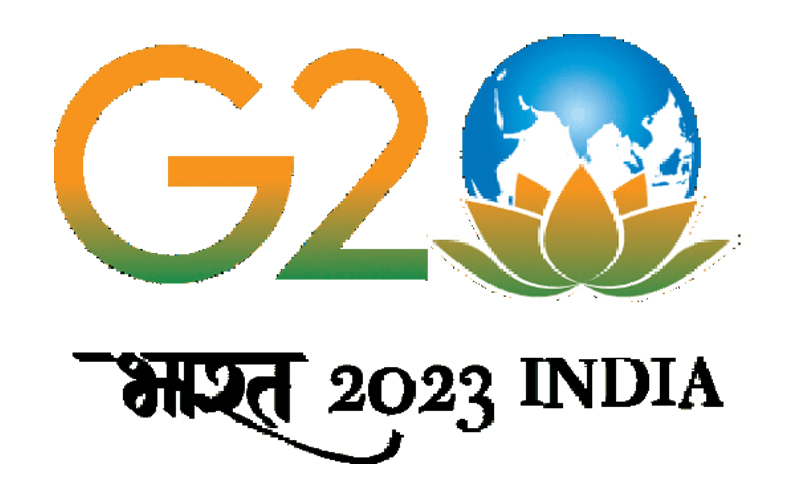The Indian Army successfully foiled an attempt by militants to infiltrate across the Line of Control (LoC) in the Uri sector of Baramulla district. The intruders were engaged in a firefight with the troops but failed to infiltrate into the Kashmir valley. The Pakistani army also flew a quadcopter to assist the intruders, but it was fired at and forced to withdraw. The attempted infiltration was a desperate action aided by the Pakistan army and aimed at disrupting the G-20 Summit and creating a disturbance in the Valley. Movements of militants on launch pads across the PoJK region for the past few months have been observed. Pakistan is keen to send militants into Kashmir ahead of the G-20 tourism group meeting.
Pakistan has been using various means to disturb peace in India, particularly in the Kashmir valley. One of the main tactics employed by Pakistan is to support and aid militant groups that operate in the region. These groups, with the assistance of the Pakistani army, attempt to infiltrate Indian territory to carry out attacks on civilians and security forces. In addition to supporting militants, Pakistan also regularly violates the ceasefire along the border by firing at Indian positions. This often leads to cross-border shelling and causes civilian casualties on both sides. Pakistan also uses propaganda to spread false information and incite violence in India. The country’s state-run media regularly airs anti-India content that stokes communal tensions and creates an atmosphere of mistrust. Furthermore, Pakistan provides a haven to several terrorist groups that carry out attacks in India. These groups operate from Pakistani soil and receive support from the country’s intelligence agencies. Pakistan has been providing financial and logistical support to these groups. Overall, Pakistan’s attempts to disturb peace in India are multifaceted and involve a range of tactics, including supporting militants, violating ceasefires, spreading propaganda, and providing a haven to terrorist groups.
Practically, Pakistan has been facing significant internal turmoil in recent years, including political instability, economic challenges, and ongoing security issues. The country’s democracy is in doldrums, with allegations of electoral fraud and human rights violations. In addition, tensions between the country’s powerful military and elected officials have led to unprecedented clashes and a lack of stability in the political system. Economically, Pakistan is struggling with a high level of debt and inflation, leading to a sharp decline in the value of the Pakistani rupee. The country has been forced to turn to international financial institutions for loans to keep its economy afloat. Security remains a significant challenge for Pakistan, with ongoing conflicts in its border regions with Afghanistan and India. Additionally, sectarian violence, especially against religious minorities, remains a significant concern in Pakistan.
Overall, Pakistan’s internal turmoil is multifaceted and presents significant challenges to the country’s stability and future development. But Pakistan has learned no lessons despite being on the verge of collapse.
Pakistan is rattled by India’s rise on world forum. Pakistan is finding it difficult to come to terms with India’s growing presence on the global stage, particularly its presidency of the G-20 and SCO meetings, and the support it has garnered from other major countries. Drug and arms smuggling through drones and cowardly attacks on civilians and the army are all desperate measures to somehow revive terrorism. Despite all these attempts, the Indian Army is maintaining a tight vigil along the LoC to prevent any infiltration. Regular patrols are conducted near the fence and in nearby forest areas to ensure that no infiltrated militants enter the hinterland. The security agencies are well prepared for the G-20 meeting, as there is no place for terrorists in Jammu and Kashmir now.


